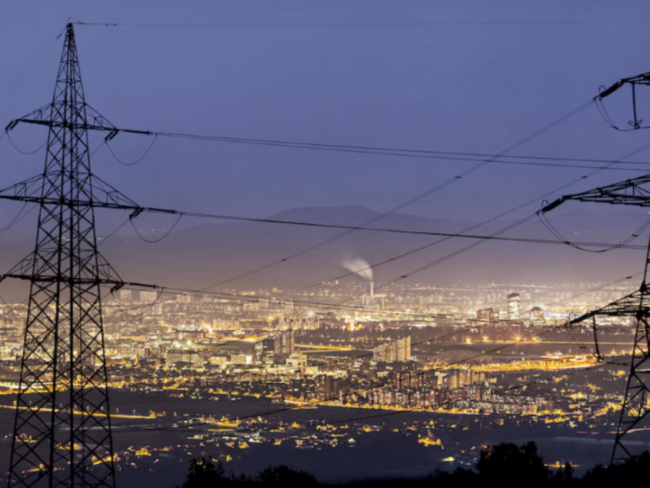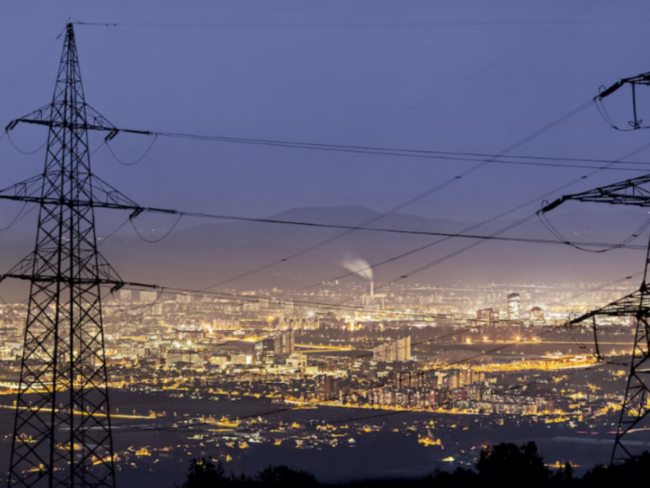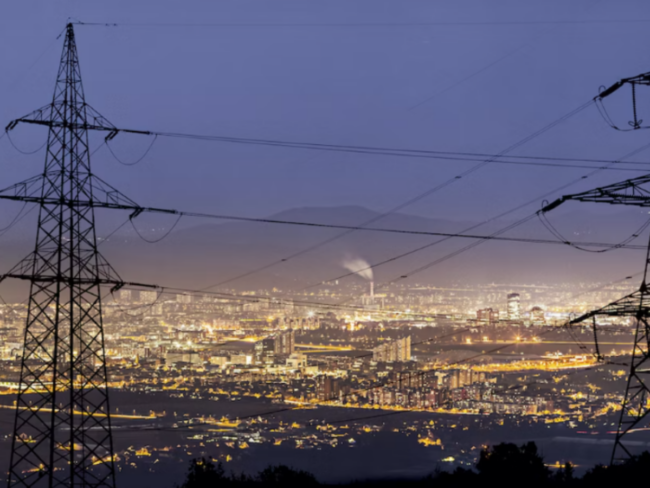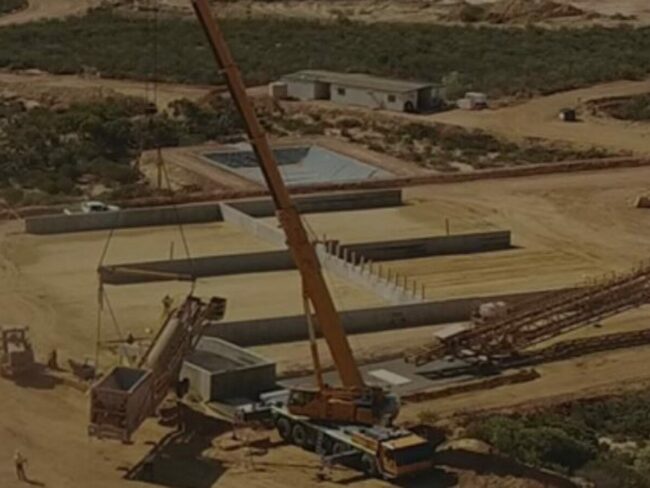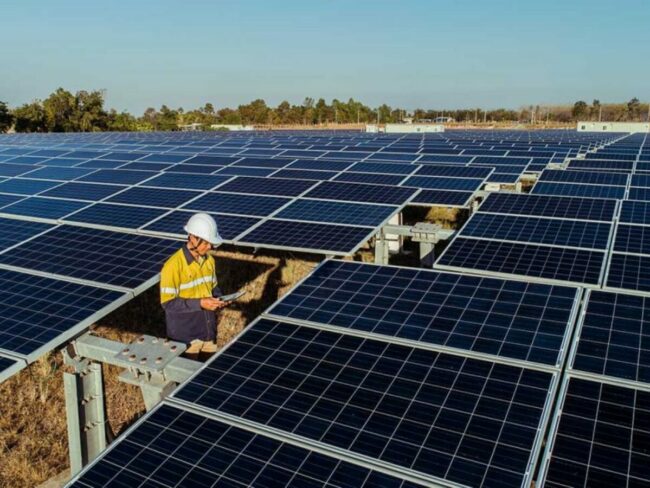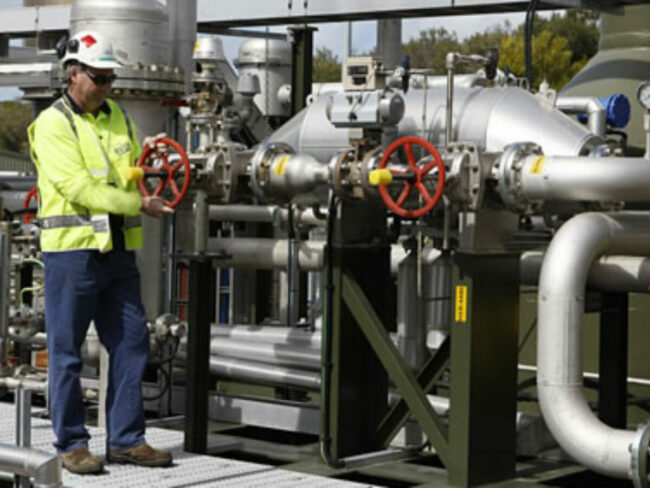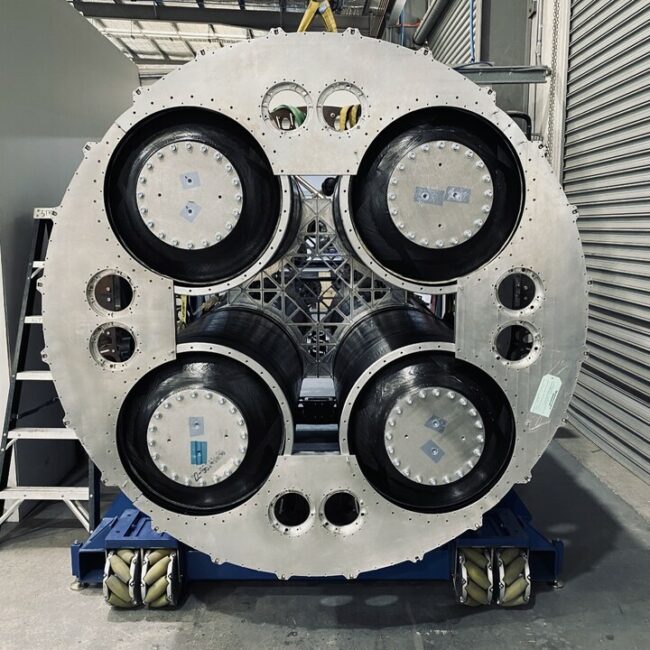The government will underwrite risky investments in renewables – here’s why that’s a good idea
By Tony Wood, Grattan Institute On Thursday Climate Change and Energy Minister Chris Bowen announced a scheme to underwrite the risk of investing in new renewable energy generation and storage. The expansion of the national Capacity Investment Scheme follows a successful pilot study with New South Wales. The government paid A$1.8 billion for just over a gigawatt…



